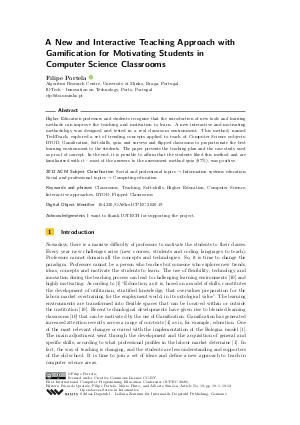OASIcs.ICPEC.2020.19.pdf
- Filesize: 392 kB
- 12 pages

 Creative Commons Attribution 3.0 Unported license
Creative Commons Attribution 3.0 Unported license












Feedback for Dagstuhl Publishing